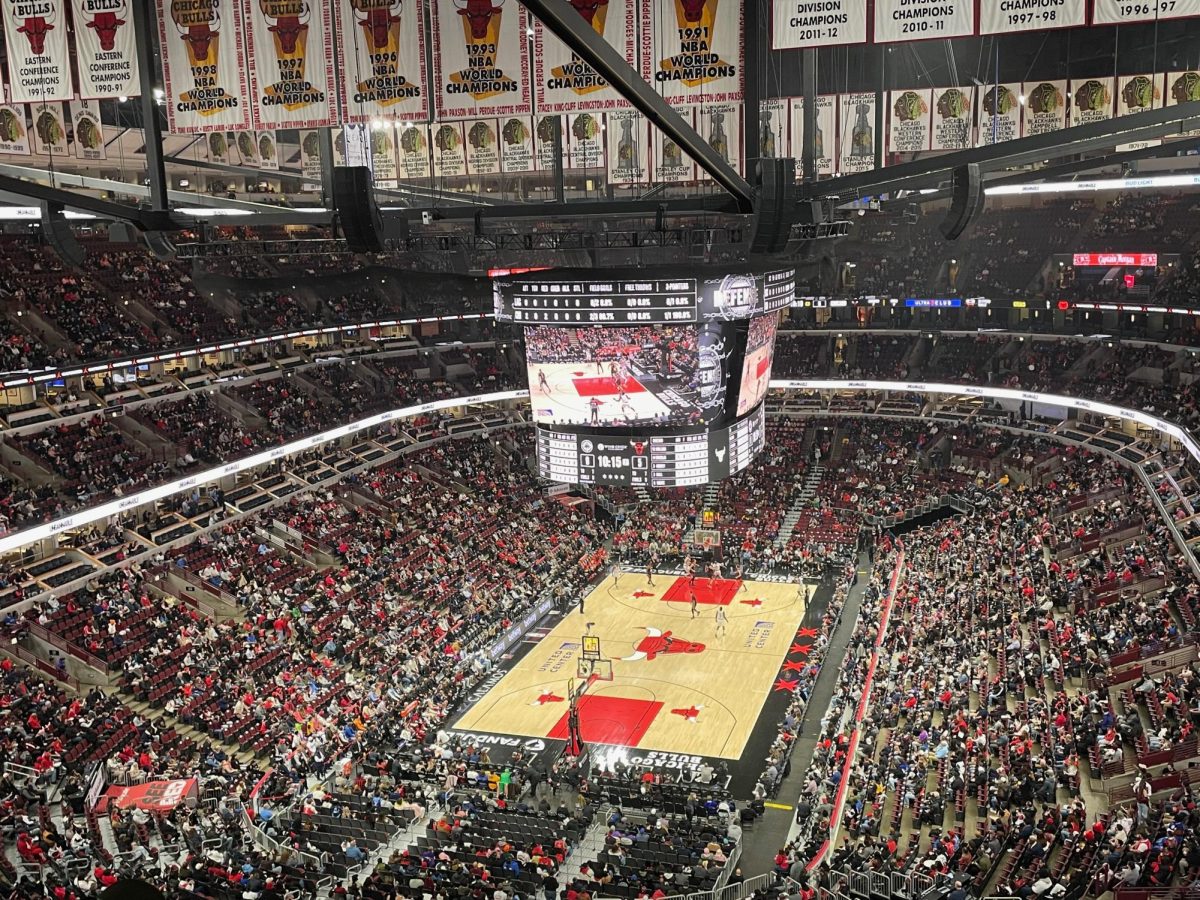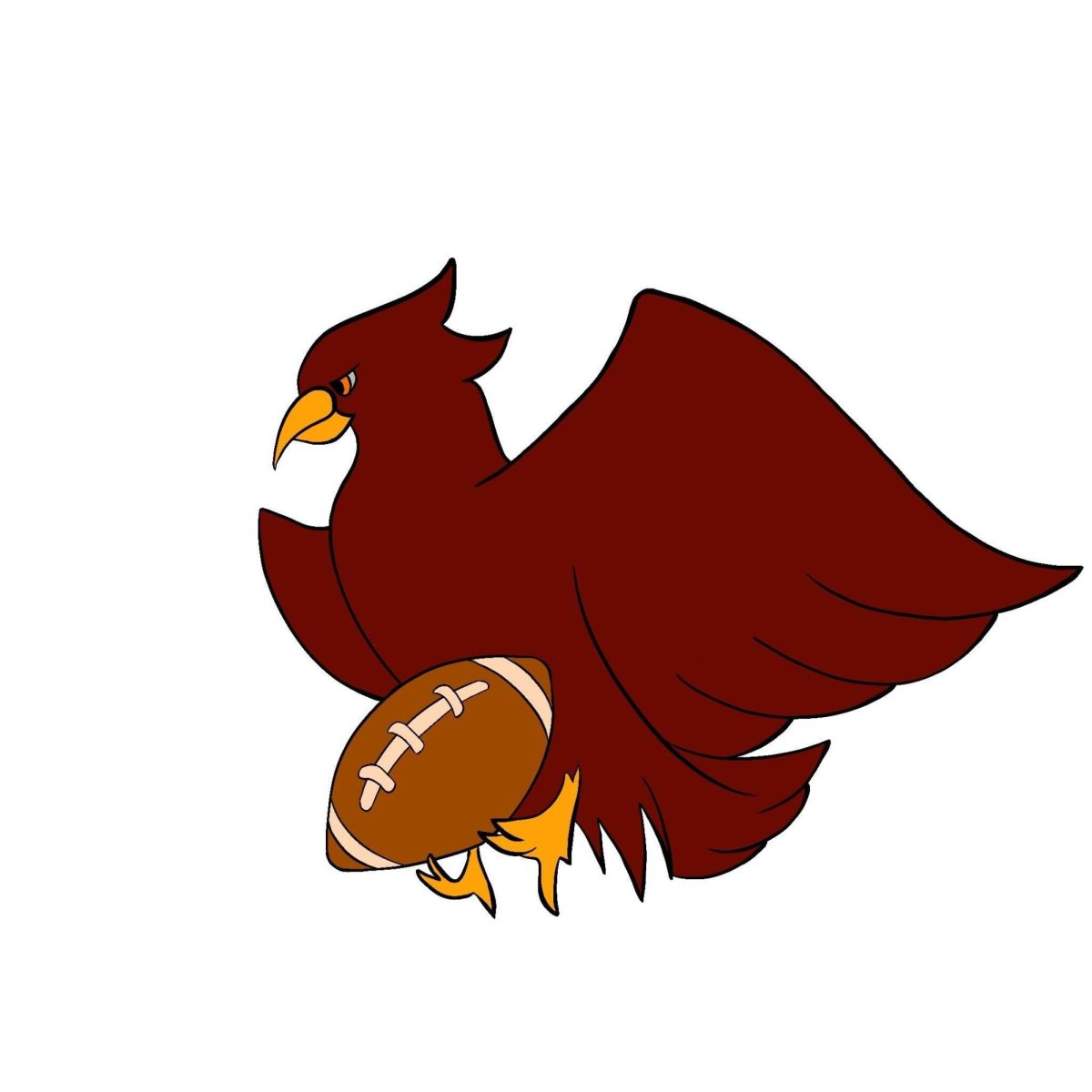Most professional sports leagues have a trade deadline sometime in the latter half of their season, and the National Hockey League is no exception.
Come March 9, the blockbuster trades will be over. All of the rent-a-player veterans will have changed uniforms, and all the worst teams will have wishfully exchanged the adjective “bad” for its more benign cousin “young.”
Experienced sports fans are no stranger to the rebuilding year, but this season’s trades bring with them an unusually ominous ring. With not only owners but also fans and the media making highly vocal complaints about the state of the NHL, it may finally be time to push the panic button.
Owners claim to be bleeding money with each passing day and have threatened to lock out the players next season if they refuse to help owners generate more profits. While the situation looks fishy at best, it appears as though the NHL’s financial troubles really are worse than the typical bellyaching that comes from owners who want extract the most possible rent from their teams.
In other sports, owners usually keep two sets of financial records, one that shows the team profiting and another that implies a loss. The profitable set gets shown to potential buyers and investors and is the more accurate set of data. The not-so-profitable set is what the owners cite when talking to journalists, player representatives, and fans complaining about the price of a beer. This set of data takes a team’s most profitable enterprises (concessions to name one) and assigns the profits to another company that the owner holds or to a shell corporation. The next thing you know, a seemingly random hotdog factory is earning millions in parking revenues.
Do NHL teams engage in these “standard business practices?” Probably, but that doesn’t mean that some owners are not actually in trouble. The franchise that springs to mind immediately is the Pittsburgh Penguins. The Pens aren’t simply the team that lost 18 games in a row this season. They are also a franchise whose games are horribly attended and that nearly went under before Mario Lemieux stepped in to buy the financially crippled franchise.
While Super Mario’s ownership sent an initial wave of excitement over Pittsburgh, this season has grounded everyone’s hopes. The team is still in trouble, and the product on the ice hardly merits acknowledgement. Combine the disastrous Penguins with the dangerous trend of declined scoring and a crowded ice surface that looks more like a clogged drain than a professional hockey team, and you’ve got a Super problem.
The team’s bitter rivals, the Washington Capitals, appear to have the same problem. As in Pittsburgh, Capitals fans haven’t been coming to see their team play, and the team’s expensive group of veterans hasn’t exactly brought an instant trip to the postseason. The inevitable result was what sports fans know as a “fire sale.” Jaromir Jagr: gone. Sergei Gonchar: gone. Michael Nylander and Robert Lang: gone and gone. Peter Bondra: gone.
The Capitals and Penguins, like many other clubs, are doing their utmost to dump as many contracts as possible before the collective bargaining agreement expires at the end of the season.
At the same time, just as many clubs are picking up the dumped contracts in an effort to fine-tune their rosters for a run at the Stanley Cup. Some of the dumped players have large and long contracts, which may actually be a good sign. If teams are willing to pick up contracts, it means that owners are not worried about an impending lockout or the likelihood that major reform will hit the NHL before next season.
On the other hand, it may also mean that the teams making the push for the Cup are the teams that can afford to take on contracts during a lockout. But if the Ottawa Senators, another team rumored to be in financial trouble, can acquire Bondra, there may be nothing to worry about.
As far as fans are concerned, they just want affordable tickets, more open ice, fewer ties, and more scoring, and that’s not too much to ask.








